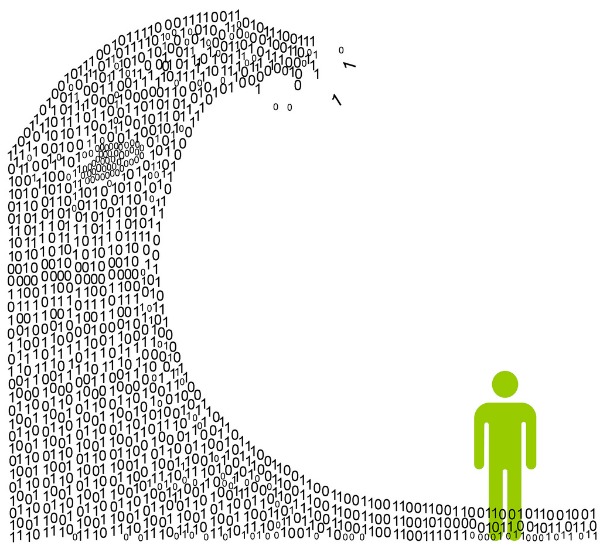Your Social Credit Score

You don't have a social credit score today, but you might in the near future.
I have been thinking a lot about this topic since first hearing of a Social Credit System proposed by the Chinese government that is starting to take shape. It is essentially a national reputation system with the intent to assign a "social credit" rating to every citizen based on government data regarding their economic and social status.
If it sounds more like a science-fiction horror story of the future, that was what I thought at first. It reminded me of a 2016 episode of the science fiction anthology series Black Mirror shown on Netflix. In that episode ("Nosedive"), people can rate each other from one to five stars for every interaction they have, and the protagonist is someone obsessed with her ratings. When her rating drops, she panics and goes on a campaign to bring her score back up.
A Chinese app called Alipay is already assigning users a three-digit score. "Zhima Credit" rates you from 350-950 based on finances and and other factors.
Reputation systems are not brand new ideas. They are programs that allow users to rate each other in online communities in order to build trust through reputation. You already have a reputation score if you use E-commerce websites such as eBay, Amazon.com, and Etsy or online advice communities such as Stack Exchange. Reputation systems are a trend in decision support for Internet mediated services such as shopping and advice.
A variation is collaborative filtering which aims to find similarities between users in order to recommend products to customers.
The Social Credit System proposed by the Chinese government is meant to rate every citizen based on government data regarding their economic and social status. Does that sound like a mass surveillance tool using big data analysis technology? Well, it is.
On the surface, it is a way to rate businesses operating in the Chinese market. This can be called "surveillance capitalism," a term (introduced by John Bellamy Foster and Robert McChesney) that denotes a new genus of capitalism that monetizes data acquired through surveillance.
The idea was popularized by Shoshana Zuboff who says it emerged due to the "coupling of the vast powers of the digital with the radical indifference and intrinsic narcissism of the financial capitalism and its neoliberal vision that have dominated commerce for at least three decades, especially in the Anglo economies."
It is a new new expression of power she calls "Big Other" which makes me think of a new novel plot combining Brave New World and Nineteen Eighty-Four, in the Internet Information Age. She feels the concept was first discovered and consolidated at Google, who are to surveillance capitalism what Ford and General Motors were to mass-production and managerial capitalism a century ago.
Facebook and others have since adopted the concept for ways to extract, commodify and control behavior to produce new markets of behavioral prediction and modification.
The Chinese government's "Planning Outline for the Construction of a Social Credit System (2014–2020)" focused on four areas: honesty in government affairs, commercial integrity, societal integrity and judicial credibility. The rating of individual citizens is considered to be "societal integrity."
One news story I heard said that you can gain or lose points for how well you separate and recycle your trash. It was unclear how this is monitored - trash collectors, your neighbors, credit police? Eight companies were picked by the People's Bank of China in 2016 to develop pilots to give citizens credit scores, including the giant Alibaba Ant Financial Services, which operates Sesame Credit. Ant Financial CEO Lucy Peng has said in a frightening quote I can use in that new novel that Zhima Credit “will ensure that the bad people in society don’t have a place to go, while good people can move freely and without obstruction.”
Her is hoping that you will be able to move freely and without obstruction in the future.
Trackbacks
Trackback specific URI for this entryThe author does not allow comments to this entry
Comments
No comments